When you're considering the best way to hydrate, you also need to consider your electrolytes. Electrolytes are minerals in your blood, urine, tissues, and other body fluids that carry an electric charge. Sodium, calcium, potassium, chloride, phosphate, and magnesium are all electrolytes.
Electrolytes matter. They help balance the amount of water in your body. They move nutrients into your cells and waste out of your cells. Electrolytes also balance your body's pH level (the level of acidic and basic compounds in your blood at which your body functions best). They help your nerves, muscles, heart, and brain work the way they should.
Our bodies obtain electrolytes from the food we eat and the fluids we drink. "Most of us get enough electrolytes, and especially salt, in our diets day today. And why ingest any more sugar than we are already getting in food? Drinking water, rather than sports drinks or beverages that include sugar, is usually the best way to stay hydrated throughout the day," says Joshua Thurman, M.D.
"On the other hand, if you're doing endurance sports or if you are outside on a very hot day for prolonged periods, it makes sense to drink something that also replaces some of the electrolytes that you lose in sweat," says Dr. Thurman. "It also makes sense to consciously push fluids to keep from getting dehydrated in settings where you know you will be losing fluids. On long plane trips, for example, you can lose a lot of moisture in the dry cabin air. This process is gradual — you may not notice — but the dehydration can really affect you after you leave the plane. You will feel better when you land if you stay well-hydrated, particularly if you're also experiencing a big-time change."
Learn more about fluid and electrolyte balance at Medline Plus.
ABOUT OUR EXPERT
Dr. Joshua Thurman, MD is a board-certified nephrologist and Professor of Medicine specializing in renal medical diseases and hypertension at the University of Colorado School of Medicine. He received his medical degree from the University of Chicago Pritzker School of Medicine and his undergraduate degree from Harvard University. He has been in practice for more than 22 years.






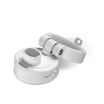
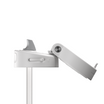
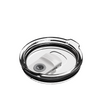
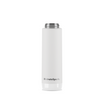
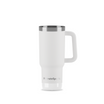

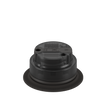
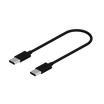



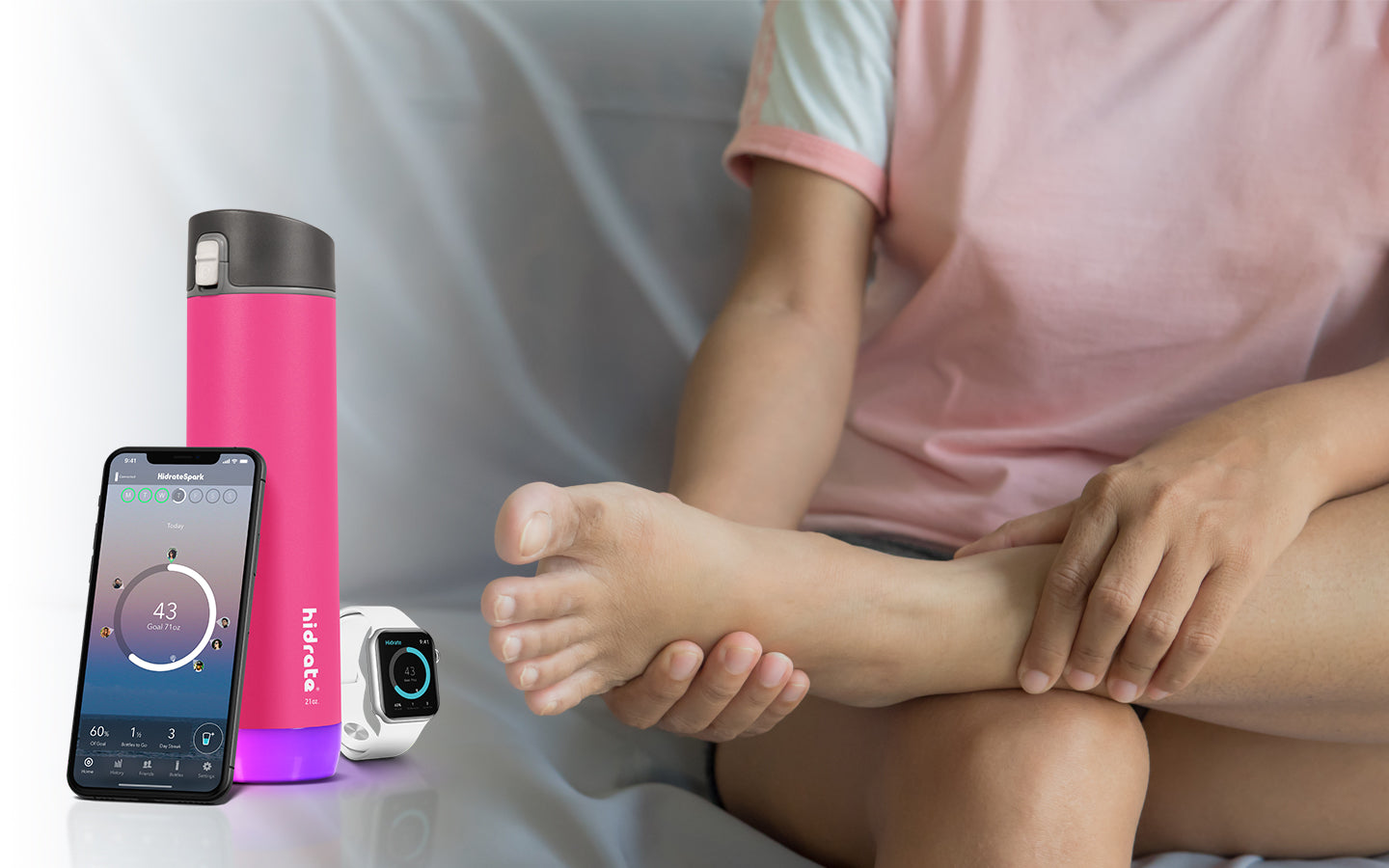
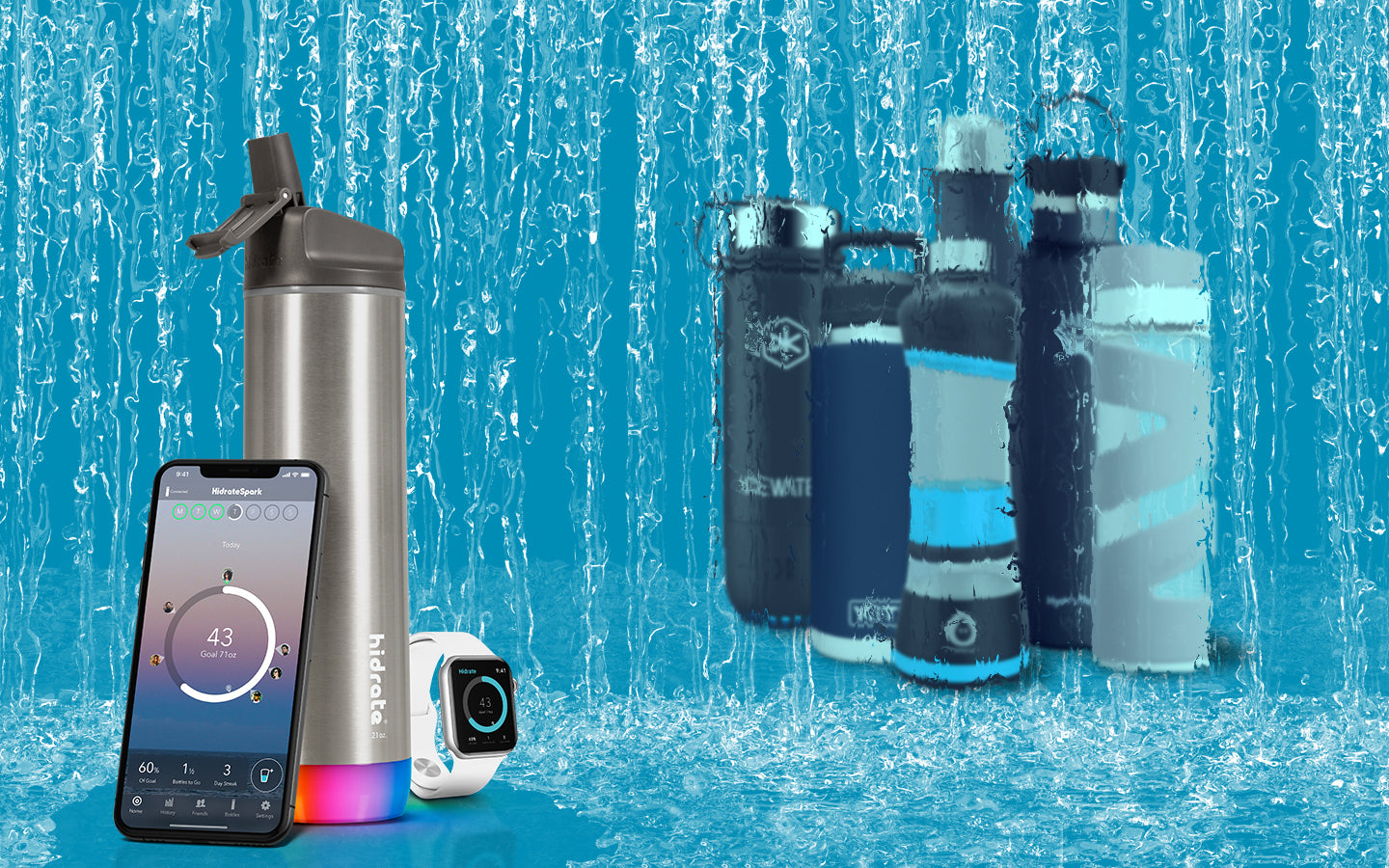
Leave a comment
This site is protected by hCaptcha and the hCaptcha Privacy Policy and Terms of Service apply.